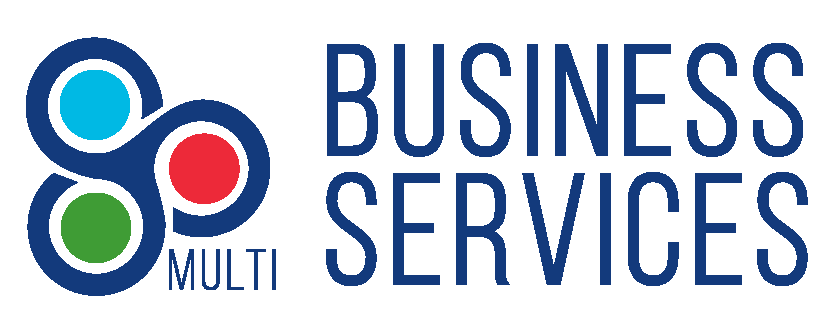
Admission Line and explanation of convenient private phone and free prescreening. If you can find alternative routes to your next destination, try to map out your drive. If you’re looking for a high-quality, professional, and trustworthy facility to attend rehab at, look no further than Free by the Sea. There may be triggers you have noted about yourself that are not on this list. According to the National Institute on Drug Abuse (NIDA), between 40-60% of recovering addicts will experience relapse. While these numbers may seem high, it doesn’t mean you have to be a part of this statistic.
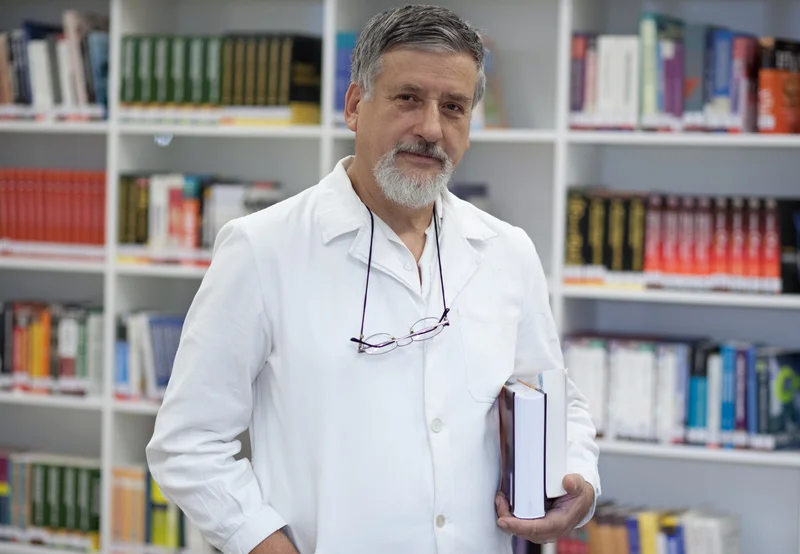
Difference Between Internal and External Triggers
A variety of underlying mental illnesses like depression and anxiety are closely related Halfway house to addiction and can result in a person experiencing more triggers or more powerful ones. Physical illness and chronic pain also stress the body and can increase the risk of relapse. Negative emotions like sadness, guilt or anger are often core reasons why people begin abusing substances in the first place.
Identifying Triggers in Recovery
- The center helps couples understand the relationship between stress and addiction, teaching them healthier ways to cope with stressors rather than turning to substance use.
- Awareness can bring so much personal empowerment as you journey through your recovery from addiction.
Reflect on the factors that led to the relapse relapse triggers list and use this insight to strengthen your coping strategies. Reach out to your support system—friends, family, or support groups—sharing your experience and seeking encouragement. Setting small, achievable goals can help rebuild confidence and provide a sense of accomplishment.
The impact of addiction on workplace performance
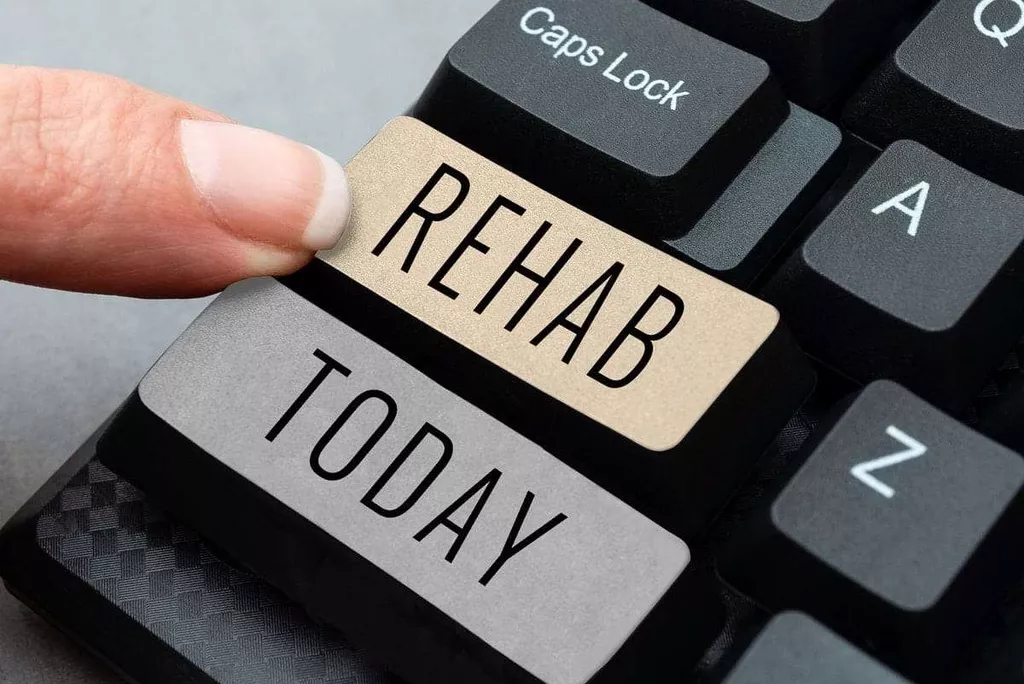
Although self-care can seem like a chore and is easy to neglect during periods of high stress or busyness, those periods are often when it’s most important. Juggling obligations can make it challenging to accommodate basic self-care such as good sleep, meditation, or quality meals. Still, taking even a few minutes to prioritize yourself can not only reduce anxiety, depression, and other symptoms but can help reinforce and internalize that your needs are worth prioritizing. A person with schizophrenia may develop complete control over their condition with medication and therapy, but they may still develop a sudden change in personality. It can cause a break during the treatment process and cause a sudden loss of reality. It can also lead to a more significant break during psychotic episodes.
This trigger becomes particularly dangerous when emotions intensify suddenly or when multiple complicated feelings coincide. The temporary relief substances once provided from these emotions create a powerful pull during emotionally vulnerable moments. When stress activates the body’s fight-or-flight response, it releases cortisol and other hormones that can intensify cravings. The brain remembers that alcohol, opioids, benzodiazepines, or other substances once provided quick relief from these exact feelings. Prescription drugs for mental and physical illnesses can be mind-altering and trigger addiction and addiction relapse. Sharing that you are in recovery with your doctor and being insistent about providing non-addictive prescription drug alternatives is important.
Positive Emotions and Celebration
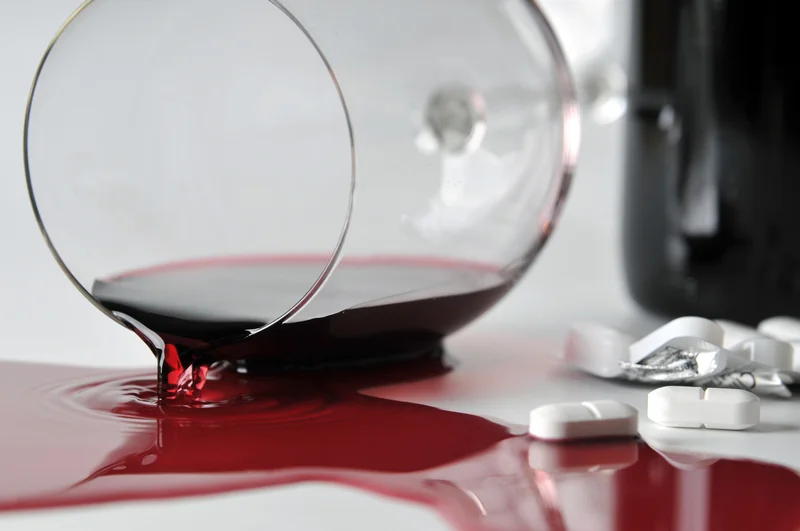
Whether it lasts a week, a month, or years, relapse is common enough in addiction recovery that it is considered a natural part of the difficult process of change. Between 40 percent and 60 percent of individuals relapse within their first year of treatment, according to the National Institute on Drug Abuse. Relapse in addiction is of particular concern because it poses the risk of overdose if someone uses as much of the substance as they did before quitting. Stress is a significant trigger for relapse, exerting a powerful impact on people in recovery. The pressure of life challenges can overwhelm coping mechanisms, making the familiar escape offered by substances seem tempting. Several factors can predict the likelihood of relapse in individuals recovering from substance use disorders.
- Practicing mindfulness also aids in dealing with triggers without using substances.
- It’s essential to have strategies in place and recognise when one is in a vulnerable situation in order to avoid physically using again.
- Close relationships provide warmth and understanding, which can help individuals cope with the complexities of recovery.
- Additionally, conflict resolution strategies are taught to help couples manage disagreements constructively.
- By understanding your triggers, you can take steps to stay away from them and manage relapse triggers more effectively.
The Connection Between Bipolar Disorder and Substance Abuse
- Depending on the type of substance used, the quantity of use, the frequency of use, the duration of use, and other factors, withdrawal symptoms will be different on a case by case basis.
- In the absence of triggers, or cues, cravings are headed toward extinction soon after quitting.
- Take breaks and practice relaxation techniques when feeling overwhelmed.
- Addiction is a tricky disease, and will try to sneak up on you when you are least expecting it.
It might begin in a moment of high stress or at a time when you believe you won’t be caught. It’s not uncommon for one-time use to return to being a regular pattern of drug use in which you actively seek and use drugs. Chronic stress poses an additional danger because it can reduce gray matter in the part of the brain that regulates stress and cognitive control. In other words, chronic stress erodes your ability to make deliberate and informed decisions and increases impulsivity. This makes it more likely that a person will give in to their cravings and use substances in order to cope.
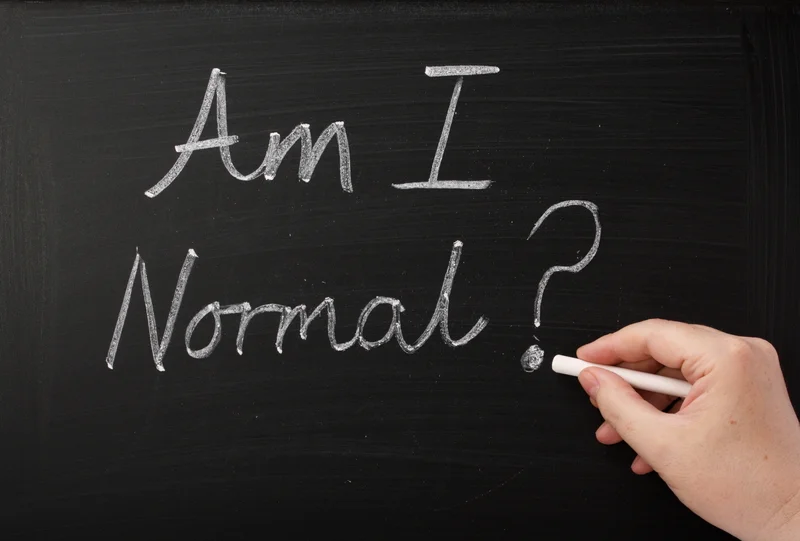
The Role of Accountability in Long-Term Sobriety
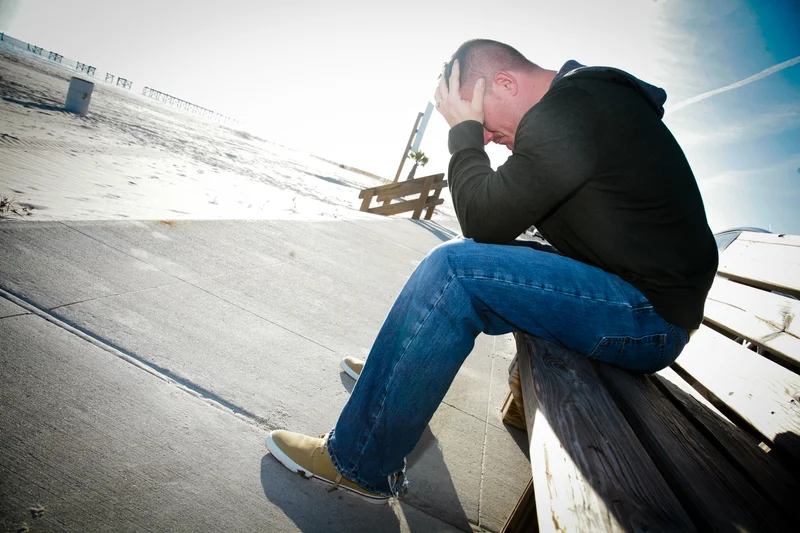
Therapy includes helping couples create new, healthier routines, often involving new sober social networks that support their recovery. A relapse is using a substance (like https://ecosoberhouse.com/ alcohol or drugs) that you’re trying to avoid or have quit. These days, healthcare providers prefer to call it returning to substance use.
Identifying the Mental Relapse Early Makes a Difference
The individual must recognize that a relapse, while not a failure, is a serious thing. Each relapse presents the potential to fall back into the cycle of addiction, which can lead to serious health problems and even death. As previously mentioned, relapse can be an indication that you need to return to treatment or that your treatment plan needs to be adjusted.
